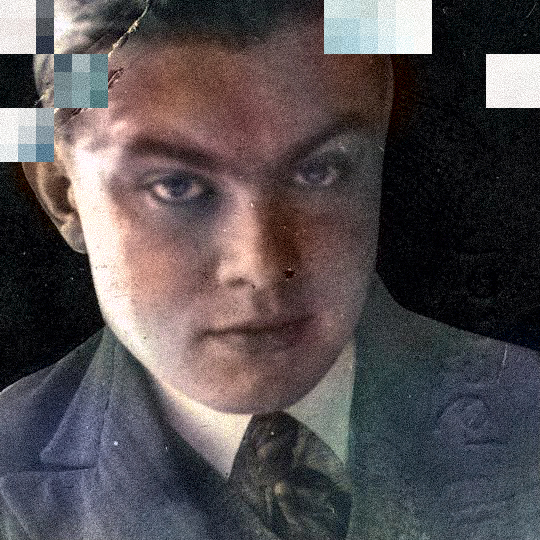Czesław Miłosz
Czesław Miłosz (1911–2004) was one of the most outstanding poets of the twentieth century and won the Nobel Prize in Literature in 1980. After leaving Poland in 1951 his work was subject to censorship. For this reason, his translation of As You Like It as Jak wam się podoba only appeared in 1999.
Miłosz studied law at the Stephen Báthory University in Vilnius. Before the outbreak of the Second World War he worked for Polish Radio in Warsaw. After the war he was a diplomat, posted for several years in France. He then settled in California, where he was a lecturer at the Department of Slavic Languages and Literatures at the University of California in Berkeley. He spent the last decade of his life in Kraków.
He wrote, among other things, the philosophical and political treatise The Captive Mind (1953), the novel The Issa Valley (Dolina Issy, 1953) and a book-length essay about the history of Eastern Europe, Native Realm (Rodzinna Europa, 1959). In the USA he translated Polish poetry into English and also produced a series of Polish translations from the Bible. In 1974 he received a prize from the Polish PEN Club in recognition of his translation work and in 1998 he won the Nike Prize for his poetry collection Road-Side Dog (Piesek przydrożny, 1997).
Miłosz’s translation was directly prompted by a commission from the Secret Theatre Association (Tajna Rada Teatralna), a cultural department of the Polish underground Home Army during the Second World War, with a view to establishing a post-war repertoire. Miłosz remained in close contact with Jarosław Iwaszkiewicz and Stanisław Dygat, who were also Shakespeare translators. Translation work provided an escape from the reality of occupation and also a source of income. After the war, Miłosz considered translation to be a relatively safe activity in the face of the growing pressures of socialist realism, a topic he discusses in The Captive Mind.
In his translation of As You Like It, Miłosz tried to bring out the comedy in the dialogues, and the music and levity in the songs. Later, when he was working on a version of Othello, he became fascinated by Boris Pasternak’s translations. After leaving Poland, he stopped working on Shakespeare.
Excerpts from the translation were read out at social gatherings and were given the seal of approval by Miłosz’s literary friends. It was first staged in 1948. In the following years, despite the restrictions of censorship, there were more than twenty different productions (up until 2005), the vast majority of which took place before Miłosz received the Nobel Prize. In 1963 the translation was used as the basis for the first Polish television adaptation of Shakespeare.
The translation has been the subject of various analyses, particularly in the context of Miłosz’s own poetry. Its publication in 1999 fulfilled a long-held wish, making permanently available a text that for years had circulated with the air of forbidden fruit as typescript ephemera.

Bibliography of translations
William Shakespeare, Jak wam się podoba, tłum. Czesław Miłosz [w:] idem, Dwanaście dramatów, t. 2, oprac. Anna Staniewska, Świat Książki, Warszawa 1999.
Citing
Anna Cetera-Włodarczyk, Czesław Miłosz EN [w:] Polski Szekspir. Repozytorium polskich przekładów Szekspira w XX i XXI wieku: zasoby, strategie, recepcja [online], Uniwersytet Warszawski, https://xx.polskiszekspir.uw.edu.pl/milosz-czeslaw-translator, 2026-02-14.

